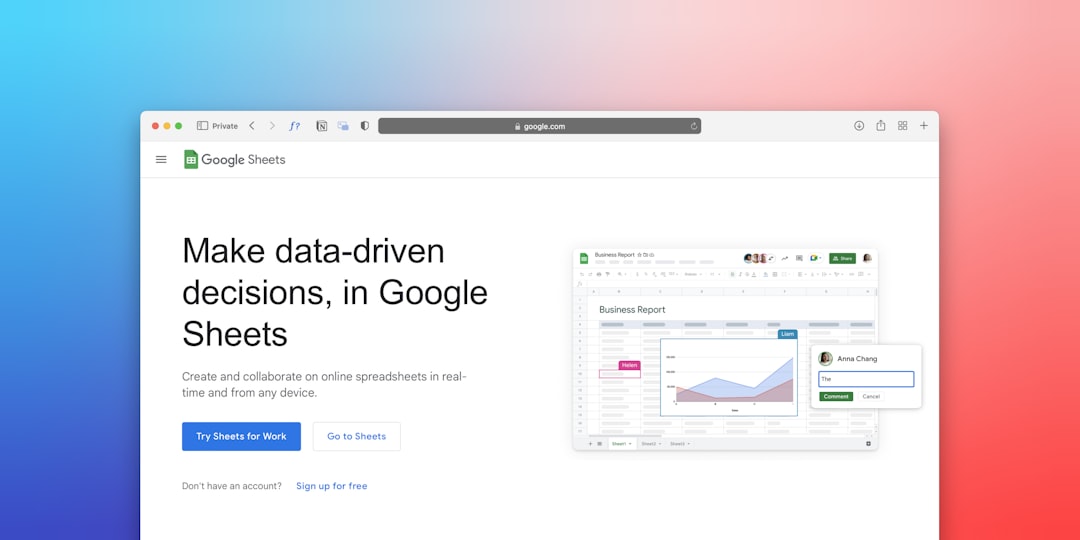The healthcare industry is experiencing a digital revolution. From electronic health records to AI-driven diagnostics, technology is reshaping how providers deliver care. At the foundation of this transformation lies cloud computing—a solution offering scalability, security, and collaboration that traditional on-premise systems simply can’t match. However, with strict regulations like HIPAA and the critical need for data availability, choosing the right cloud provider is essential for healthcare organizations in the United States.
So, who are the top cloud computing providers tailored for healthcare? Below, we explore the leading vendors that combine top-tier infrastructure with healthcare-specific features, helping organizations stay compliant while innovating patient care.
1. Amazon Web Services (AWS)
AWS has long been a favorite in many industries—including healthcare. With its HIPAA-eligible services and comprehensive compliance programs, AWS supports everything from telemedicine to genomic research. Its wide range of AI and machine learning tools gives healthcare providers the ability to build predictive health models and sophisticated data analytics pipelines.
- Compliance Tools: HIPAA-eligible, HITRUST-certified services
- Key Healthcare Services: Amazon HealthLake, AWS for Health
- Why Choose AWS: Robust global infrastructure and innovation in health tech

2. Microsoft Azure
Microsoft’s Azure platform brings a strong healthcare focus, especially through its Microsoft Cloud for Healthcare solution. This tailored offering enables providers to deliver patient-centered experiences and improve operational efficiencies with built-in compliance for regulatory requirements such as HIPAA, GDPR, and HITRUST certifications.
- Compliance Tools: Azure Trust Center, HIPAA and HITRUST support
- Key Healthcare Services: Azure API for FHIR, Health Bot, Microsoft Teams for virtual care
- Why Choose Azure: Seamless integration with Microsoft 365 and strong interoperability
3. Google Cloud Platform (GCP)
Known for its AI and data capabilities, Google Cloud is making significant inroads into healthcare. Its Cloud Healthcare API simplifies data exchange, while tools like BigQuery enable powerful analytics on large health datasets.
GCP has partnered with major healthcare systems, including Mayo Clinic and Ascension, to deliver cutting-edge research and patient care technologies.
- Compliance Tools: ISO/IEC 27001, HIPAA compliant, HITRUST certification
- Key Healthcare Services: Cloud Healthcare API, BigQuery, AutoML for medical imaging
- Why Choose GCP: Superior data analytics and AI-driven insights

4. Oracle Cloud
With its acquisition of Cerner, one of the largest EHR providers in the world, Oracle has quickly become a serious player in cloud healthcare. Focused on integrating patient records and simplifying workflows, Oracle Cloud offers security-rich solutions tailored to large hospitals and health systems.
- Compliance Tools: HIPAA-ready cloud infrastructure
- Key Healthcare Services: Oracle Health, Autonomous Database
- Why Choose Oracle: Deep integration with EHR systems and clinical tools
5. IBM Cloud
IBM Cloud combines secure hosting infrastructure with advanced AI capabilities through its Watson Health platform. It’s particularly well-suited for life sciences and healthcare research institutions aiming to harness the power of AI for diagnostics and drug discovery.
- Compliance Tools: HIPAA and GxP aligned services
- Key Healthcare Services: IBM Watson Health, Clinical Trial Matching
- Why Choose IBM Cloud: AI and cognitive platforms designed for healthcare research
Other Honorable Mentions
While the big players dominate, several niche cloud providers also offer specialized services for healthcare:
- ClearDATA: Offers HIPAA-compliant managed cloud hosting with an exclusive focus on health IT
- Rackspace Technology: Provides customized multi-cloud solutions with compliance support
- Dell Technologies Cloud: Supports hybrid cloud solutions for organizations with existing infrastructure
Choosing the Right Provider
When selecting a cloud provider, healthcare organizations must consider not just features and pricing but also factors like:
- Security Certifications (e.g., HIPAA, HITRUST)
- Data Residency and Redundancy
- AI and Healthcare Data Tools
- Integration Capabilities with Existing Systems
Cloud adoption in healthcare isn’t just about cost savings—it’s about improving patient outcomes, enhancing collaboration, and future-proofing systems. The right cloud platform can serve as a strategic partner in achieving these goals.
Ultimately, the best cloud provider for your healthcare organization depends on your size, technical expertise, and compliance needs. But with industry giants like AWS, Azure, and GCP leading the way—and specialized players offering tailored solutions—the future looks promising for cloud-powered healthcare.







